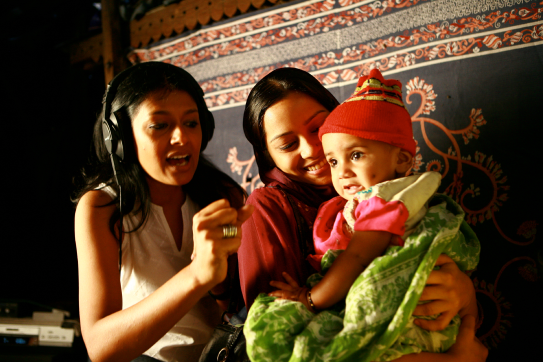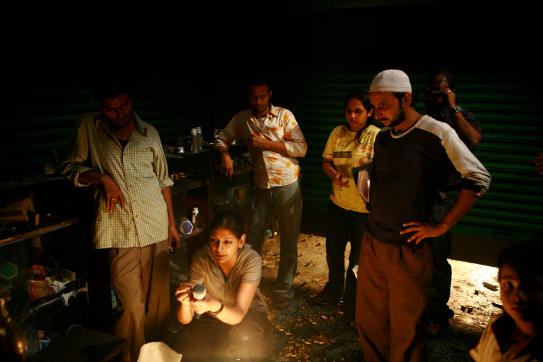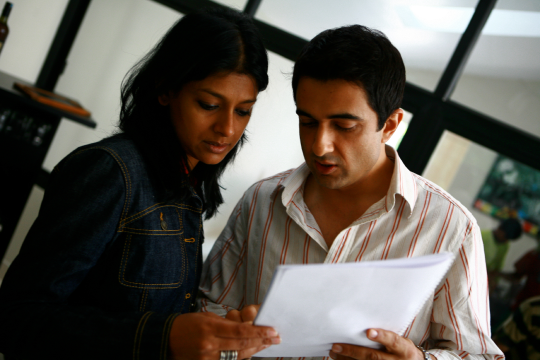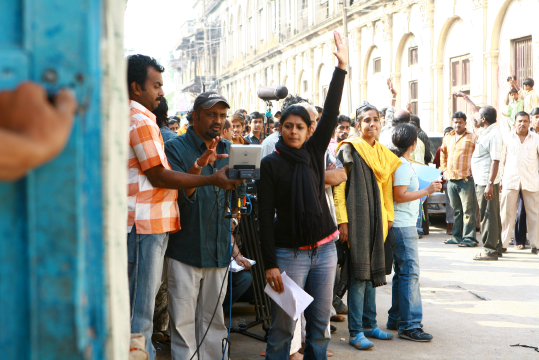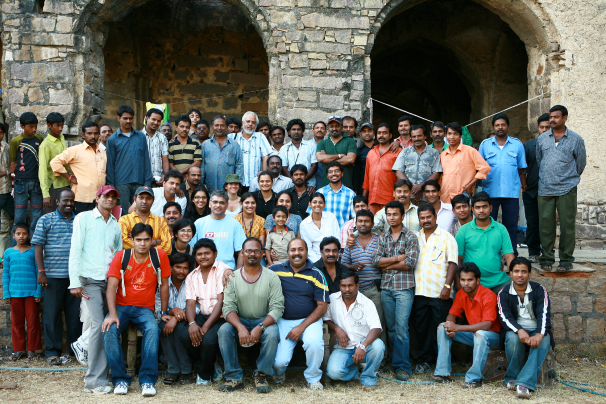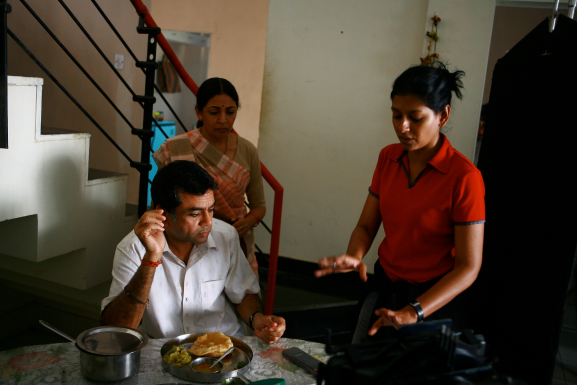From another daughter
- January 1, 2013
For the past 20 days, I was at a place that was quiet, green and secluded and with idealistic and environmentally and spiritually-conscious intentions – Auroville. Having no TV, poor network connectivity and isolation from the outside world was a bliss. Then, on December 16, calls and SMSes came pouring in from television channels to comment on the heinous crime. I thought to myself, one more casualty, one more debate and it will again be forgotten. In any case I was not near any city, so had to decline. The slow access to the net was just enough to read the headlines every day. But even with that limited information, there were times I felt a deep desire to scream. Till Amanat breathed her last, and no updates on the case were needed. I just wanted to close my eyes, and coil up in silence.
In 2005, I remember writing for a national daily about a rape in the car park of Siri Fort, right opposite to where I lived in Delhi. I was probably more shaken by it, because I knew it could have been me. I dug out that piece to read and, of course, nothing had changed in the past seven years. But this time an unprecedented public reaction was seen. Perhaps we have finally reached the tipping point. All women felt vulnerable. And all men, I sincerely hope, felt ashamed. There seems to be a difference this time.
Even though statistics often do not move us, it is worth reminding that last year, on an average, more than two rapes were reported every hour. And this does not include the cases that do not get filed. But somehow knowing the details of abuse of one innocent girl has made it possible for us to understand the extent of this inexcusable tragedy in our society. Pity that such an extent of brutality was needed to shake off our numbness, our apathy. She died, ending her misery, but all the other victims are still scarred for life. If we don’t wake up now, we never will. If we forget Amanat, then it is hopeless, and if we ignore one more such incident, then we are beyond redemption.
I say this as a caution only because I remember how much media and civil society attention Bhanwari Devi’s case got. An illiterate village woman spoke out, national and international media wrote extensively, she went to the World Conference on Women in Beijing, protestors marched on the streets, shouting, ‘no more violence, no more tolerance’, and the film Bawandar, where I portrayed her struggle for justice, hit the theatres. Now it has been 20 years since the incident, and what has come of it? Between Bhanwari and Amanat, many lives have been ruined and lost. We have to resolve to change things at every level, and not worry about what must come first-political will, judicial machinery, police atrocity or the mindset of society. It has to be all, simultaneously all.
While we keep the pressure on the many systems that need to be put in place, each one of us will also be tested. Will we speak up every single time we even sniff an abuse? Will we nip it in the bud? Will we ensure that the victim is not shamed and the perpetrator is? The abusers are often regular people, who do regular things. So we have to be extra aware, extra sensitive and extra vocal, to uphold human dignity for those who hold up half the sky.
I had initially thought I will write two lines and leave the page empty-as I know I am only repeating what has been said by so many. And more importantly, there is little to say and more to do. Also, I wanted the emptiness to be like silence that grieves, condoles, reflects, seeks forgiveness and resolves. But I also wanted to add another daughter’s voice, to the collective anguish of the country.

